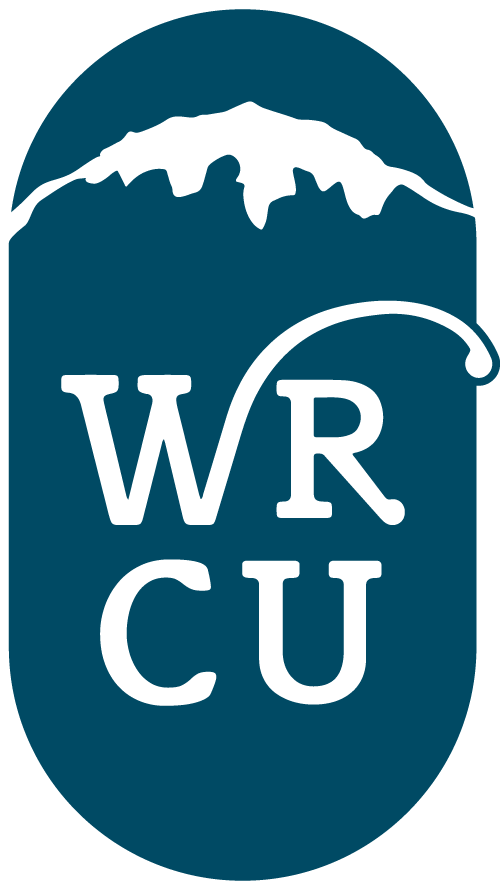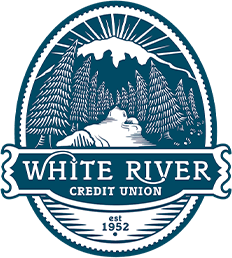
Why Should I Choose Credit Union Debt Consolidation?
If your head is spinning trying to keep track of multiple bills, credit union debt consolidation may be the solution for you. When consolidating your debt, you may be able to combine your credit card bills, personal loans, and other unpaid debts into a single loan to allow for one, convenient monthly payment. And that’s not the only benefit. It can also lower your overall interest costs, reduce your monthly payoff, and eliminate late fees and over-the-limit charges. On paper, it’s a no-brainer.
However, consolidating your debt won’t help you in the long run if you don’t fix your behavior. Ask any financial counselor, and they’ll say that if you’re planning on using a loan to help you get out of debt, you must create better spending habits.
Your Spending Habits Are Out of Control
Many Americans spend unconsciously, using money to distract themselves from their lives. In fact, consumer spending has consistently accounted for about 70% of the economy in the U.S. Some people will even get a loan to pay off old debts, yet continue buying more than they can afford. The inability to control their spending only makes their financial troubles worse in the long run. However, if you’re ready to straighten out your credit snarls and be mindful of your spending, then consolidation can work for you.
Focus on creating better spending habits. For instance, taking four $3,000 card balances at 19%, 18%, 17%, and 16% and putting them into one loan at 10% would save about $43 a month in interest payments. And since you’re already living without that extra $43, you may as well save it every month to have $1,500 in just three years. But if you end up spending it instead, you’re not putting that extra money in your pocket with debt consolidation.
Credit Union Debt Consolidation Options
Maybe you’re still unsure if consolidating your debt could help you, and you’re wondering how it would play out IRL (in real life, for the old folks). There are many options for consolidating debt; it’s not a one-size-fits-all solution.
A few of the most common arrangements for debt consolidation are:
- A low-rate card. You could transfer accumulated high-interest credit card balances to one card with a lower rate. The drawbacks of this are that some cards have attractive “teaser” rates that often increase soon after activation. Read the fine print and beware of fees.
- A home equity loan. For homeowners, this may be the best way to reduce interest costs. Rates on a second mortgage are lower. Also, mortgage interest can be tax deductible. However, lenders can seize your house if you default.
- A counseling agency. Pay an agency to arrange lower rates and longer paybacks with your creditors, and then manage the repayments for you. The best services try to teach you how to live within your means. Be mindful of this option, because paying off debt on your own will look better on your credit report. Also, there are some shady operators in this field, so know whom you’re dealing with.
Can Consolidating Credit Card Debt Clear Clutter?
Make sure you understand your current credit card bills before jumping into a new one. That means staying organized! The first step toward clearing your credit card clutter is to assess how bad off you are. Get a copy of your credit report and figure out how you got so deep into debt. Credit Sense is a great tool to see your credit score, credit history, and even tips on how to improve your credit. Next, call your card issuers and ask how much they’d be willing to lower your current interest rates. It may be a long shot, but it’s worth a try.
After better understanding your current situation, you could be ready to decide if debt consolidation is right for you. If you’ve reached the limit on your cards, are struggling to pay the monthly minimum, or if a job loss or emergency bill would wipe you out, then look into consolidating. But don’t try to start tackling your debt until you come to grips with its cause. If you’re a spender, utilizing a budget can make a world of difference.
Find Free Resources from Your Credit Union
Managing your finances effectively requires being diligent and organized about paying your debts. If this is too difficult for you to do alone, get professional help. Take advantage of your credit union membership and use the services available to you.
We’ve partnered with industry-leading BALANCE to provide you with free access to expertly-crafted financial education and resources to help with your fiscal matters. And should you need it, BALANCE can assist with confidential, no-cost financial counseling services to help you develop a sensible budget managing spending and debt.
For all your financial life stage changes and more, we—in partnership with BALANCE—are here to help. They even have a free webinar series all year long. February’s webinar is on using credit cards wisely, and March features sessions on understanding credit. Both options are great if you’re considering credit union debt consolidation; learn more about our webinars here.
Consult with a Professional
Here at White River Credit Union, we know how important building and maintaining good credit is for your life. We love to see members come back to us with better credit than they started with, which is why we are so committed to providing free resources to everyone. If you simply need more information from us, visit our Personal Loans page. If you’d rather talk to one of our ridiculously amazing staff members, call or text us at (360) 825-4833 or swing by our location in Downtown Enumclaw.
Powered by our friends at BALANCE
Photo by Mikhail Nilov on Pexels



